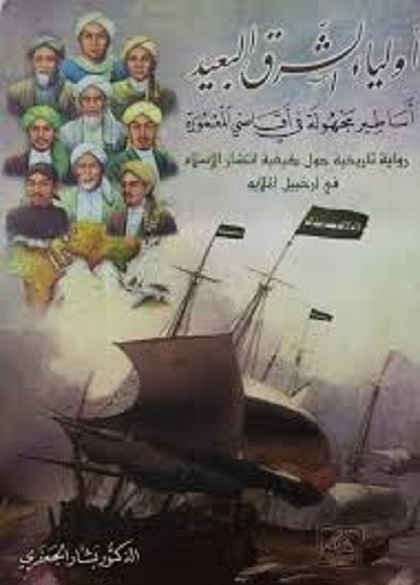Dr. Bashar al-Ja’afari has explained in a historic novel how Islam spread in Malay Archipelago [strategic area located between southeast Asia and Australia]without bloodshed and occupation.
He clarified in his book entitled ‘Far East’s Walis… Unknown legends in the far reaches of the globe’ that the early transmission of intellectual movement from the Arab and Islamic region to the southeast area was made by merchants, clergymen, travelers and persons, who fled political oppression.
The Islamic globalization precedes what is called now the ‘western globalization’ one thousand year, according to Dr. al-Ja’afar, who indicated that the Arab Islamic East knew a lot about Malay islands while Europe was secluded.
He made a comparison between Europeans, who brought warships and cannons to the Malay area after discovering it, and the Arabs, who brought senior Muslim historians such as Yaqout al-Hamwi, Suliman al-Tajer and others to the same area.
“The Andalusian merchant ships carried the pioneers of Indonesian renaissance to Mecca, Damascus and Cairo to have an idea about steadfastness and knowledge for pressing ahead with their struggle against the European invaders,” al-Ja’afari said.
He depended on historic documents in writing his 665-page book published in 2016 by the Syrian General Commission for Book.
Dr. al-Jaafari is Syria’s permanent representative to the United Nations. He has State Doctorate in History of Islamic Civilization in South East Asia, University of Sharif Hedayatullah-Jakarta, Indonesia 2002.
Basma Qaddour

